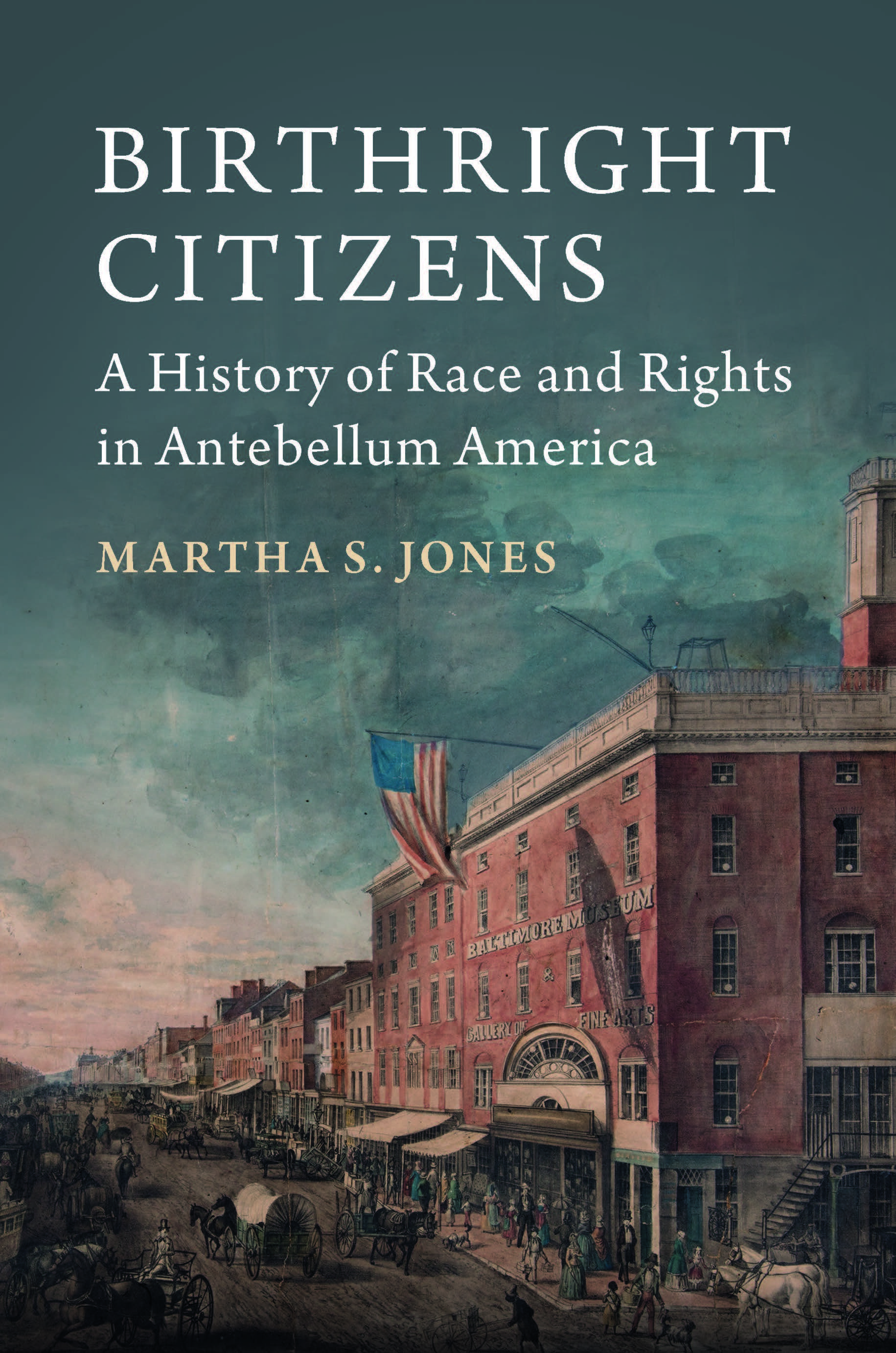What do you think?
Rate this book


270 pages, Paperback
First published July 31, 2018
“Rights” as used here refers to a process by which black Americans imagined, claimed, and enacted their relationship to law. Political theorist Bonnie Honig characterizes the assumption of rights and privileges by outsider subjects as a quintessentially democratic practice. Fundamental to democracy are the ways in which those said to be without rights make claims and “room for themselves.” Although Honig’s case is that of aliens, or noncitizens, her approach serves well a search for meaning in the rights claims of free people of color. Their rights making was messy, contested, and sometimes violent. How else, Honig asks, would those on the outside challenge the imbalance of power that framed such dynamics? Well before any judicial or legislative consensus granted their rights, free black men and women seized them, often in everyday claims that set them on a par with other rights-bearing persons.61 Only later did those rights become enshrined in text. In antebellum America, rights holders were those who did what rights holders did.